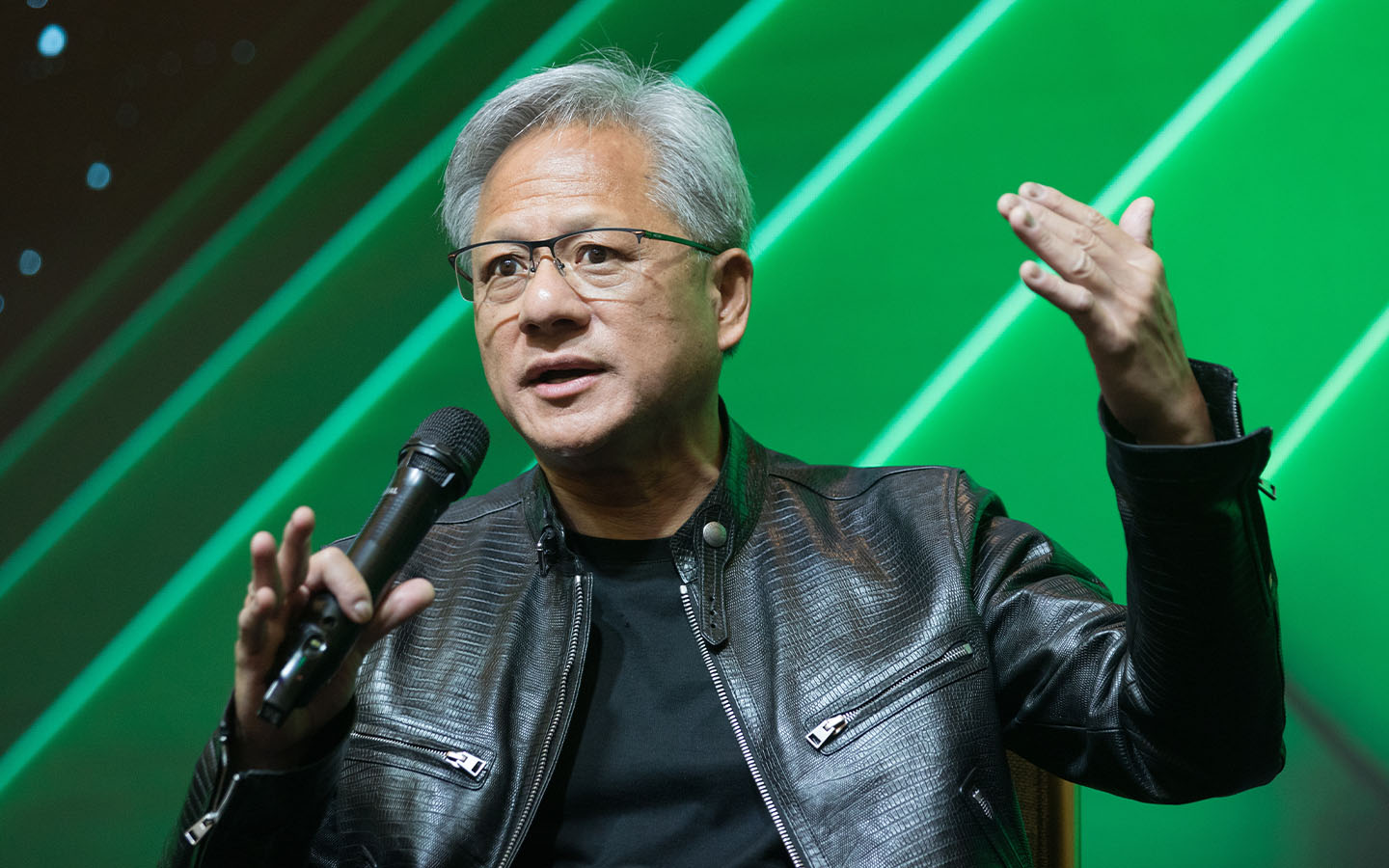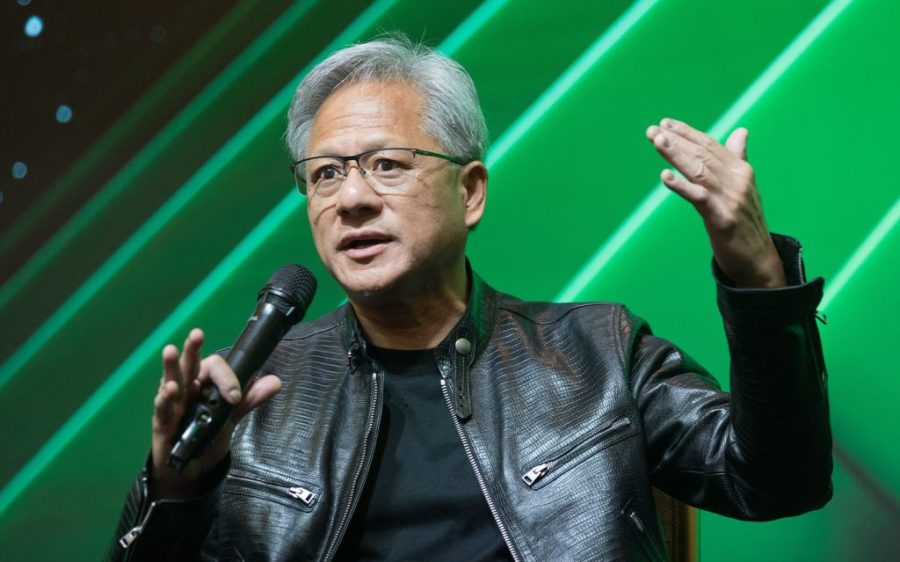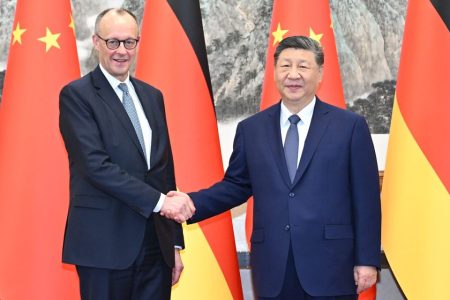The chief executive of US leading chipmaker, Nvidia, says that Washington’s years-long crackdown on chip exports to Beijing has helped China’s tech sector grow and galvanise, the New York Times reports.
Speaking at a news conference in Taiwan on Wednesday, Jensen Huang described the US export controls as “a failure” that had given Chinese companies “the spirit, the energy and the government support to accelerate their development” in AI sector,
Implemented in 2022 by former US President Joe Biden, these controls had cut Nvidia’s market share in China down from almost 95 percent to 50 percent and allowed domestic rivals like Huawei to fill the gap, Huang said. Earlier this year, he vowed to “spare no effort” to keep selling Nvidia chips in China, despite continued pushback from the US government.
[See more: Tech titans debate AI and global ambitions at Beyond Expo 2025 in Macao]
Nvidia was reportedly worried that Huawei’s gains in the China market would spread into other markets, making it harder for Nvidia to compete even in places without restrictions on its products. Nvidia has already been selling a less powerful, modified chip in the Chinese market to get around the US’ restrictions, which are about to get even tighter via a new licensing regime.
While the US signed multibillion-dollar agreements to sell Nvidia’s advanced chips to Saudi Arabia and the United Arab Emirates last week, Huang has reiterated his belief in the importance of the Chinese market.
In response to the US’ trade restrictions, Beijing has been investing heavily in its domestic semiconductor sector, which has achieved several important milestones in the past year alone – including the development of a 2D transistor that can operate 40 percent faster than those of US and European rivals made with silicon.






